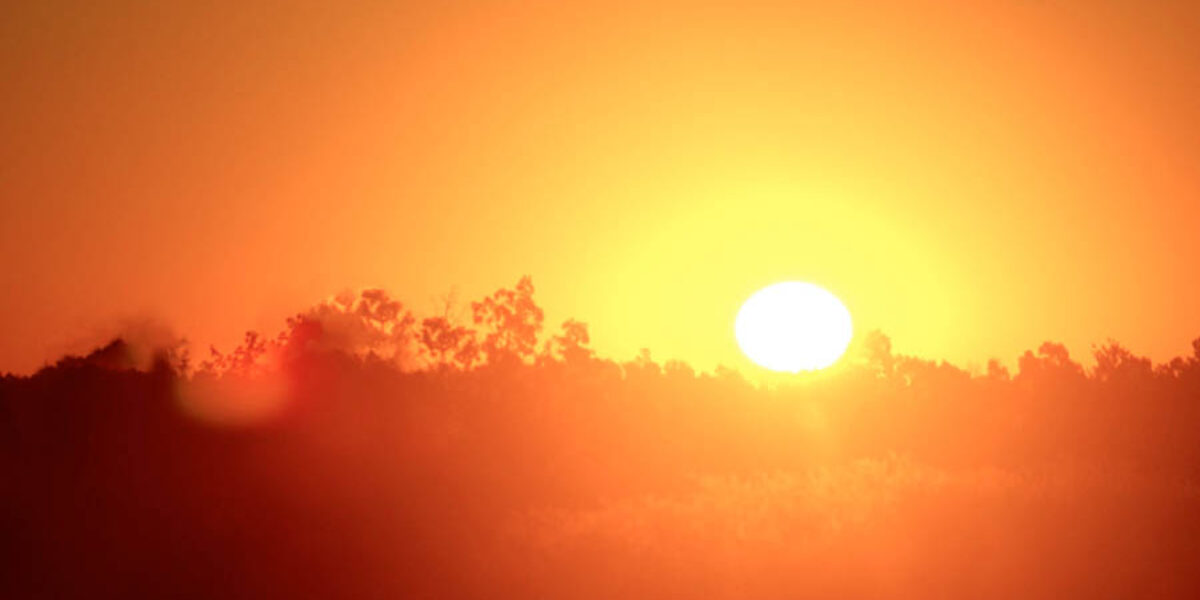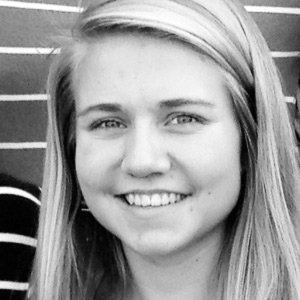In Paraguay, we’d talk about the heat every day. “Haku,” we would say, “Haku itereí! Hace un calor insoportable!” we would say, as the sun beat down and sweat beaded on our foreheads. We’d pass the tereré (cold tea) around from one to another, exhausted and spent after a long day. On the news at night I would see the occasional report from the United States about a winter unlike any other. Boy, did I wish. We sweat as we cooked, we sweat as we sat, we sweat as we slept, we even sweat as we bathed.
Here in Goshen, Indiana, I have to work to sweat —
and it’s a relief. In the literal sense, the mercury hasn’t hit 70
degrees for five months. In another, broader sense, there is an awful
lot of reality I don’t have to deal with here. A dorm room that I share
with someone who is just like me. A bathroom that gets cleaned without
my knowing. A cafeteria where I heap food onto my plate and wouldn’t
even have to look at the person who makes it. A campus where I can walk
around at night without thinking twice. Laundry — oh the ease of
laundry! And the chance to go abroad again! To get to travel the world
again! Plus an education right at my fingertips, ready for me to run
with it.
What do we do with this? We’re not sweating like much of the world is
sweating. Does it bother you? I can’t quite get used to it, to not
always be sitting in a pool of my sweat. And yet it is a relief.
I know these things have been said many times before. And I guess they’re sort of a dead end. Aren’t they?
A week ago, I went to the Center for Healing and Hope, a clinic for
people without insurance, to volunteer at their second annual Clinic for
Women. There wasn’t a lot for me to do, but I helped the women who came
for their appointments to get where they needed to go. Almost all of
the women were Latinas, and many of them came in accompanied by their
husband or parents or children or a friend. A few days later, I went
back to the clinic for the evening walk-ins, and again many Latino
families came seeking the health services provided at the clinic. This
time, I was asked to interpret for the patients. Finally I had the sense
that I was giving back something of myself that Paraguay had given me — I was sweating again, and it was such a relief.








